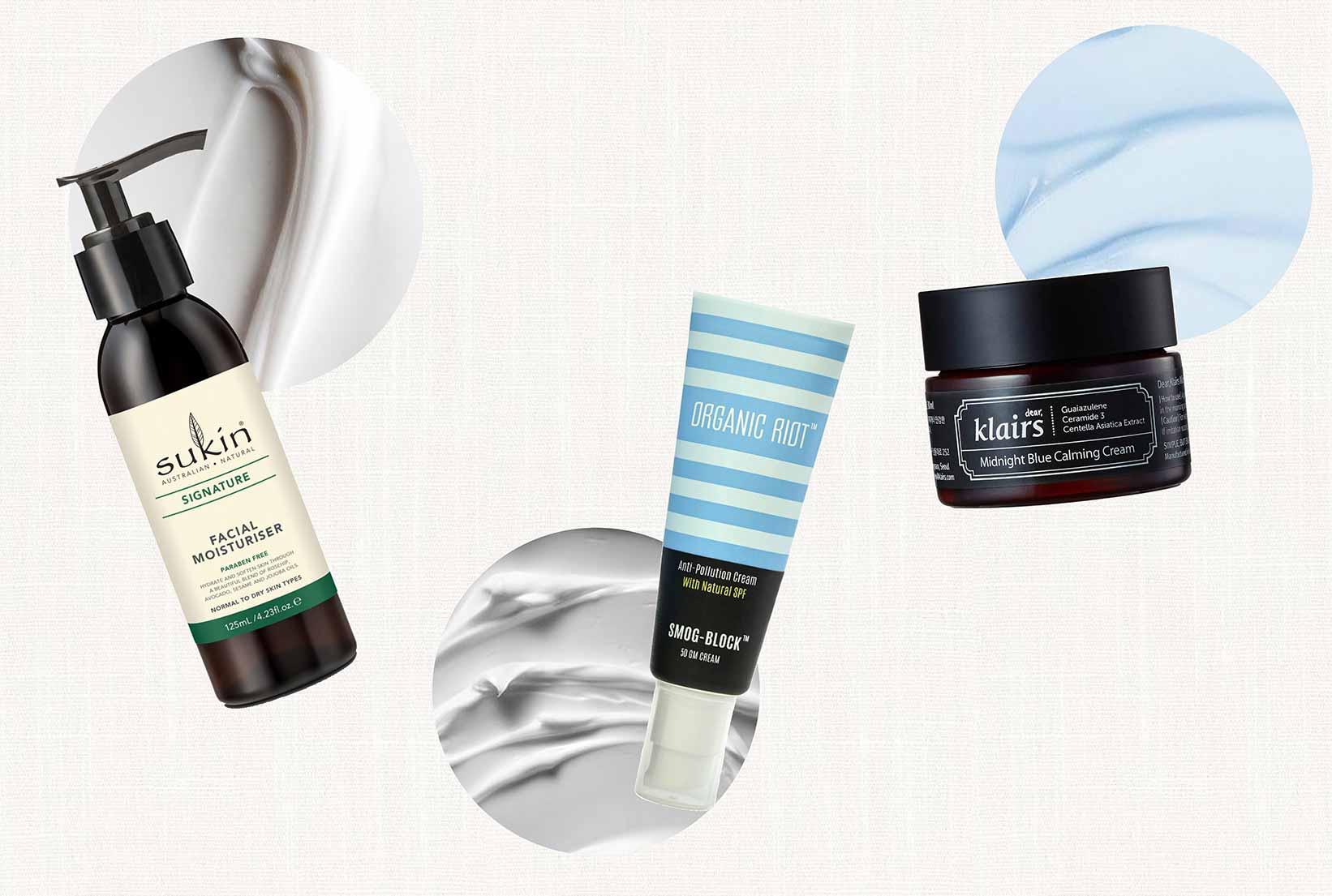Perhaps the most sought after ingredient in skincare, 'Vitamin C' is the holy grail of skincare ingredients and for good reasons. This potent antioxidant can do wonders for a range of skin concerns - from uneven skin tone to ageing to pigmentation to brightening.
We always knew of its properties as a nutrient and immunity booster but it can work wonders on one's skin too!
We are here to bust the common myths and misconceptions most people tend to believe about Vitamin C and clearly separate fact from fiction for our Sublime community.
1. Does Vitamin C have any anti-ageing benefits?
YES. As we age, we notice our skin tends to become less elastic, lacks moisture and gets thinner. It starts to sag as the volume reduces, and we notice the appearance of fine lines and wrinkles. The process of ageing is inevitable but using Vitamin C daily can help considerably slow this down. This is as it accelerates the production of collagen, which benefits the skin in multiple ways. It helps support and repair the skin’s structure, increases the proliferation rate of the fibroblasts - the cells in the connective tissue that produce collagen as well as protect the skin from environmental aggressors like free-radicals that tend to speed up the ageing process. In addition, as it increases antioxidant capacity, it also helps with the synthesis of the skin and prevents its degradation to give a naturally radiant and youthful glow.
2. Does Vitamin C stain the skin?
NO. In fact, it is quite the opposite. The beauty of Vitamin C is that it has a depigmenting effect on the skin. It has properties that inhibit the skin's melanin production, which is what causes discolouration in the form of dark spots, hyperpigmentation, etc. Moreover, it protects from UVA-induced photodamage as UVA spectrum rays have the ability to penetrate deeply into the skin's dermis. Since it neutralises free radicals, it can improve and even skin tone and provide luminosity to the skin. With continued usage over time, it can also prevent pigmentation from occurring in the first place! This is why Vitamin C serums are usually packed in an inert atmosphere such as dark coloured amber glass to protect and preserve its qualities, stability and effectiveness.3. Does oral Vitamin C have more benefits than topically applied Vitamin C?
NO. Oral Vitamin C is essential to protect the body from infections and plays a vital function in keeping the immune system healthy. Vitamin C in the form of citrus fruits like oranges, kiwi, etc or even supplement form can help us keep healthy and ward off any infections at bay. However, in order to have a direct impact on the skin, we recommend using topical Vitamin C. This is as topically applied Vitamin C has the ability to deliver 30 times better results on the skin, than when achieved with oral administration. It also has the ability to stay on the skin and feed it nutrients for 48 hours. The ideal combination would be to combine both topical and Oral Vitamin C to ensure optimal delivery into the skin’s dermis and internal cells and tissues.
4. Can I use Vitamin C if I have sensitive skin?
YES. The beauty of this wonder ingredient is that it can be used by all skin types. However, that being said it is recommended that a pure derivative of Vitamin C must be used by those having sensitive skin. Also, choose a byproduct of the Vitamin C that is more stable, and has a formulation with a higher pH than pure Vitamin C in order to avoid irritations. Always do a small patch test either of your arms, or a small part of your face to see how it is reacting with your skin. For those who have never used a Vitamin C product on their skin before, start with the daily application once a day with a lower concentration like 5%, and gradually build it up to twice a day. After the skin has gotten accustomed to it, after a month - gradually increase the concentration of Vitamin C by 5% to make sure the skin can tolerate it.
5. Does Vitamin C reduce the pH of the product?
NO. How the topical Vitamin C gets absorbed into the skin depends on its pH, which is the degree of acidity when it has been formulated during creation. In order for the Vitamin C to be delivered into the skin effectively and prevent any degradation or loss of efficacy from occurring, it should ideally be formulated at a pH of 3.5. However, for skin that is more prone to reactions or irritations, it needs to be formulated at a slightly higher pH like 5.5, like in case of MartiDerm Proteos Liposome which is especially for acne-prone skin or sensitive skin.

6. Should Vitamin C products be used before sunscreen when going to the beach?
NO. During summertime, it is advisable to apply a Vitamin C product after you have been exposed to the sun. If you apply it directly before going into the sun or before you sunbathe - the oxidation process of the Vitamin C may get accelerated, and that can reduce the efficacy of it or occasionally cause a reaction as well. Thus, it is advisable to apply any Vitamin C products, be it a cleanser or a serum post-sun exposure to reap maximum benefits, and ensure it does not lose its efficacy.
7. The more Vitamin C used on the skin, the better?
NO. This is a common misconception people have when they find out about the benefits of Vitamin C. Being a power ingredient with multiple benefits, people feel the need for multiple products or very high concentrations of it on the skin. However, sometimes the concentration of the Vitamin C can be too high like in the case of L-Ascorbic Acid - a very common, potent form of Vitamin C that may lead to breakouts, skin irritations, itchiness, tingling sensations or even redness. That's why it's best to ensure you gradually build up your skin's tolerance for Vitamin C, by using low concentrations at the beginning and then working your way up. We also recommend using MartiDerm’s Vitamin C Ampoules (Super Serum) for this very reason - as they are formulated at an ideal pH (3.5) to ensure maximum penetration and least degradation, and to prevent adverse side effects or reactions.
Bottom Line:
To give you the juice (or Orange Juice), Vitamin C serums have been legendary for years for a reason because they truly deliver. Be it any skin concern or skin type, there's always a Vitamin C serum for it. Getting your hands on this beloved ingredient and incorporating it into your daily skincare regime can be a complete game changer!
As a golden rule, always remember to layer it under your moisturiser and consistently apply it every single day to see a change. So make sure to provide a targeted boost to your skin routine that can make all the difference and say hello to smoother, brighter skin and well-nourished skin that glows naturally from within!

- By Krisha Jhaveri




1 comment
Viveka
Very informative!
Very informative!